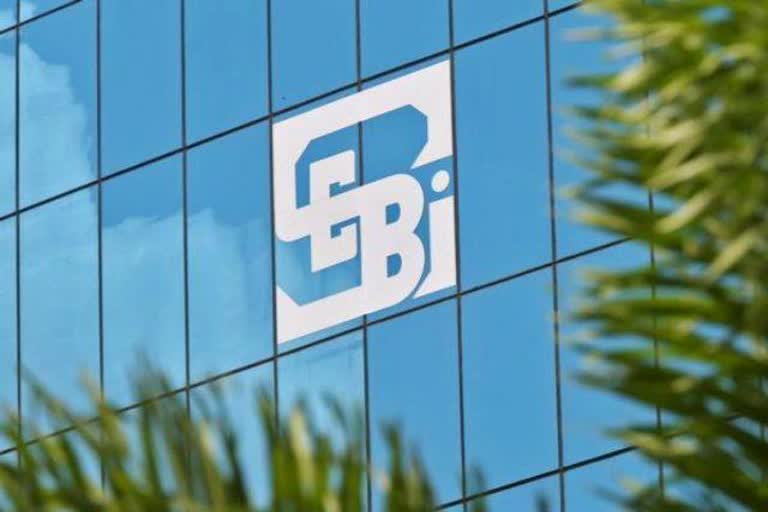New Delhi: Capital markets regulator Sebi on Wednesday proposed that KYC and account opening process should be separated in order to standardise the process and avoid duplication.
It has been suggested that KYC should be done through stock exchanges, depositories and KYC Registration Agencies (KRAs), and documentation for opening of account for entering into transaction would continue to be the responsibility of concerned registered intermediaries.
At present, KYC of clients in the securities market is conducted by registered intermediaries -- stock brokers, depository participants, RTAs -- and then
Registered Intermediaries (RIs) upload KYC records in the KRA system.
The role of KRAs is centralisation of the KYC records, ascertaining the upload of KYC documents and sharing KYC records with Sebi registered intermediaries as and when required, Sebi noted in the consultation paper.
The responsibility of conducting the KYC and maintenance of records rests with the RIs and KRAs is only a repository of KYC records.
In the existing KYC process, every RI has to invest in infrastructure, manpower, technology, and implement processes which often vary between intermediaries.
Also, in the eventuality of cancellation of registration of RI, original KYC documents collected by it may not be available to subsequent RI and investor has to undergo KYC process again.
Read more: RBI sets panel to promote orderly growth of digital lending
The proposed process would help in achieving multiple objectives of standardising the KYC process, making the KYC process more robust, avoiding duplication, saving cost to RI among others, Sebi said.
The Securities and Exchange Board of India (Sebi) has sought comments from public till February 15 on the proposal.
With regard to clients of mutual funds, in the proposed system, the Registrar to an Issue and Share Transfer Agent (RTA) appointed by the mutual fund should perform the KYC of the clients of mutual funds through the system of KRA as front-end or else may also seek registration as KRA from the regulator.
Since the KRAs should be responsible for KYC of the client's and they should continue to be the repository of KYC data, the existing KYC records of clients submitted by RIs should be re-verified by KRAs and KRAs should ensure the correctness of the KYC records maintained by it, Sebi said.
"KRA shall ensure correctness of all KYC records maintained by it by December 2021 after due verification," it added.
The cost of conducting KYC by KRA should reasonable and should not cast additional burden on investor.
With regard to authentication of existing records of clients with KRA, Sebi said such verification cost should be borne by KRA or KRA may be funded (one time) for such verification cost by Investor Protection Fund (IPF) of Sebi, stock exchanges and depositories.
(PTI)



